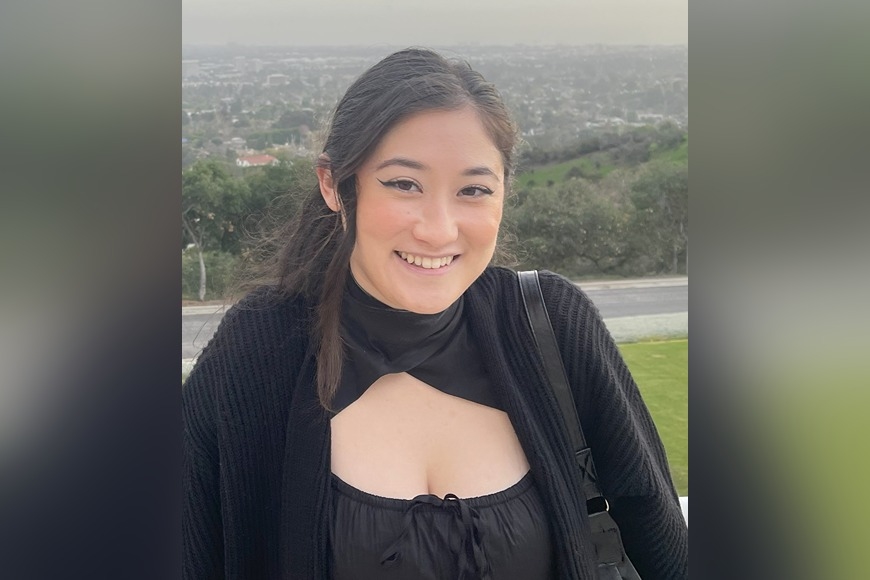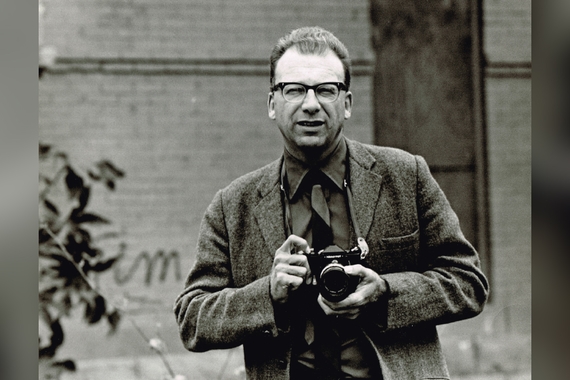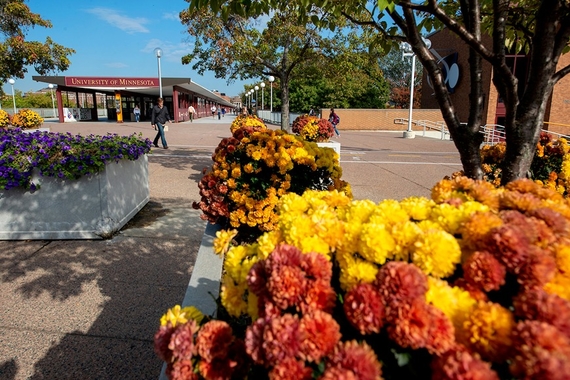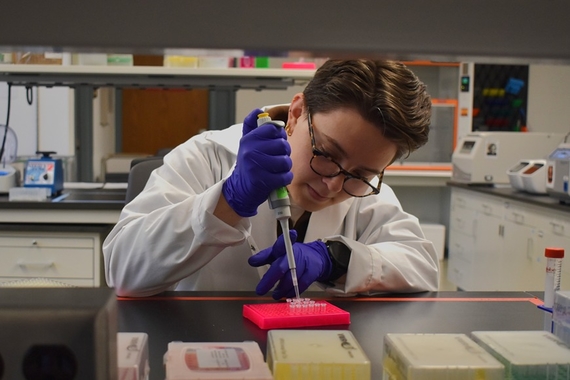Unearthing Voices: A Study of the Korean American Community
As an anthropology student and the daughter of a Korean American immigrant, Samantha Schwartz wants to write an archaeological narrative that is authentic to the Korean American community. The Beverly & Richard Fink Fellowship, which Schwartz received for summer 2023, helped her in this task, allowing her to fund her project and hone her research interests.
What do you call your project and how would you summarize it? How does it connect to your broader research interests?
My project this summer was to gather preliminary data for my dissertation. The question at the heart of my project was what information is potentially available for me to work within an archaeological context? Specifically, I was looking for archaeological/historical information concerning the Korean American communities in California and New York. Ultimately, my dissertation will be an archaeological study of the Korean American community in the United States, which no one has done before.
However, that is a very broad topic and the focus of my project this summer was to narrow down to a specific topic that would be approachable for my dissertation. This project, and my research overall, is something I'm extremely passionate about as a member of the Korean American community and the daughter of a Korean American immigrant.
Generally speaking, the Korean American community is often overlooked as an immigrant group in the United States and usually just grouped in with Asian Americans, and while solidarity within the Asian American community is important, it's also important to acknowledge the uniqueness of each group and their culture. I would like my project to bring to light the stories of people who are overlooked, forgotten about, silenced, and ignored.
How has the award made a difference to your career?
It has helped me advance the professional goal of narrowing down a dissertation topic (which is especially important as I will be writing my prelims and dissertation prospectus this year). This award has allowed me to pay for the travel necessary to do my research and explore archives as well as pay the archival fees. Thanks to this award, I have access to far more information than I did in the past that helps me expand the scope of my research. This will help to advance my field because my research will fill a gap in the literature. Without this award, I would also not have had the funding to pay for basic necessities such as rent and food. Not having to worry about those essentials makes it so I can focus on my career.
Personally, this award has also helped me connect to my culture and my community more. Spending more meaningful time with the Korean American community has been fulfilling and has helped me to understand more about myself and my family as well.
What challenges have you faced? Have there been any notable surprises?
The major challenge I've faced is the lack of information in the archives. Some of the archives I worked with did not have any data pertaining to Korean Americans while the ones that did, had very little information.
Accessing the archives was also difficult due to paperwork, permits, and different laws depending on the state where the archive was located and/or the institution it was in. None of these obstacles were surprising, but still challenging nonetheless. However, because I had to work with many different people to access the necessary resources, I've been able to grow my network and create new contacts who may be helpful in future research.
How is your project making a difference in the world?
I think my project is making a difference in the world by giving people who are not often thought about a genuine and accurate voice. Not many people in the US are familiar with the Korean American community or know much about them which is unfortunate, especially considering the US is a major reason for this diaspora.
Recently, Korean culture has become more popular in the US, and worldwide, so I think now more than ever it's important that people are actually knowledgeable about the real people behind what they're consuming.
Additionally, my project will focus on gender within the Korean American community, and women, within most communities, are often overlooked. Particularly in the Korean American community, women's struggles often go unnoticed and are not addressed, so I hope to help strengthen and reinforce their stories.
What partnerships has this award helped you develop and nurture?
On this project, I worked with the State Historic Preservation Offices of both New York and California as well as many of the University of California schools where archaeological collections are held. I also worked a bit with the Korean American Center in Irvine, CA this summer.
These connections enriched my project because not only was I able to collect preliminary data, but I was also able to connect with some community members and find out what's actually important and helpful to them.
What's next?
I will be writing my prelims and my dissertation prospectus based on the preliminary research I did this summer. Additionally, I will continue to maintain the relationships I created over the summer and hopefully foster new ones through these now-existing relationships. Questions I plan to pursue now are, how does the Korean American archaeological context differ in New York from California? And, how do the differences in location affect gender roles and how is that evidenced through the archaeological record?
This story was edited by an undergraduate student in CLA.



